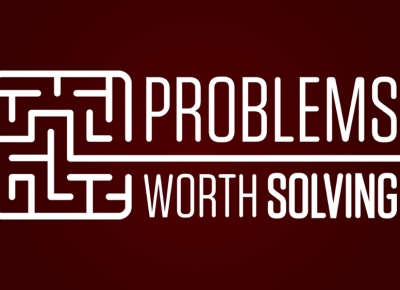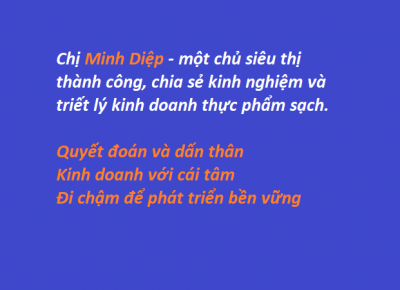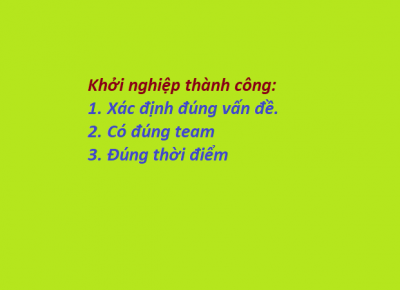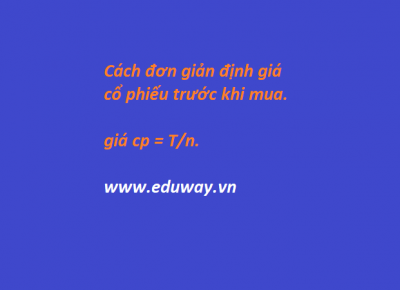Tin tức
On Choosing Your Words Carefully
Viết bởi: Tim McIndoo, 23 04 2020
In scholarly or research writing, evidence is presented to substantiate an argument. To make an argument cogent requires precision. Precision means choosing the right words and then properly assembling them into a sentence. Throughout your paper or study, you are offering your readers characterizations, descriptions, explanations, interpretations, and analyses. If they are inaccurate or imprecise, you will misrepresent and perhaps fail to make your case. Here are seven common word-choice issues, in alphabetical order.
ability / capability
Some words look similar and have the same root but have different meanings: ability refers to people and means a natural skill, talent, or expertise; capability suggests qualifications or credentials and points to a maximum. While John’s ability to read is below grade level, his capability of succeeding in school remains good.
assist in / help
While their meanings are the same, help is a simple verb and takes a direct object (help something or someone). Assist in is a verb with a preposition (in), and the object of that preposition must imply a present-tense activity, such as writing or studying. However, the result is often a stuffy and awkward phrase. Note the difference between these two examples: I will help her study for her test versus I will assist in helping her study for her test.
believe / believed
It’s not always easy to accurately characterize what a source writes. For example, Johnson (2010) highlighted the difference, pointing to the fact that…. However, it is very important to get close. If you are unsure, try the simple verb wrote. It cannot misrepresent the author’s words: Johnson (2010) wrote that…. One verb to avoid is believe: (a) It implies an opinion rather than a conclusion based on evidence or critical reasoning. (b) When used in the past tense (as required by APA when discussing completed research), believed could be interpreted to mean that the source no longer believes this. Here’s a substitute: According to. Instead of Johnson (2010) believed that…. use According to Johnson (2010), ….That said, believe/believed would be appropriate when discussing ideas that are in dispute or known to be false: Freud believed that children pass through a series of psychosexual stages.
could potentially
This pair of words constitutes a redundancy. Both signal possibility or capability. The solution then is to use the verb could by itself.
may, hopefully
While it’s important not to overstate the case or be overconfident, it’s just as important not to undermine your reader’s faith. Here are two examples from one paragraph.
- This study will hopefully highlight the need for….
- This study may also clarify the need for….
Hopefully and may represent common expressions of speech, but they are problematic in scholarly discourse. The designer of a study must express greater certainty about its impact. A good substitute is It is anticipated that…. because the phrase neither over- nor understates confidence.
purport (v.)
Sometimes we mislearn the meaning of a word by misunderstanding the context in which it was used. Purport does not mean argue or claim. In fact, it means “to have or present the often false appearance [emphasis added] of being or intending; selfish behavior that purports to be altruistic.” See the full quote here: http://www.thefreedictionary.com/purport
thus / therefore
While sometimes these two words seem similar in meaning, they are not. Thus refers to how and means “in a given manner” or “given that (conditions)”; therefore refers to why and implies cause and effect. Sometimes thus is used where therefore is required; sometimes therefore is used when no cause and effect has been presented and thus is the right choice. Here are two examples.
- This thing is a balloon, and thus is made of rubber and inflates when you blow into it.
- This thing inflates when you blow into it and is made of rubber; therefore, it is a balloon. (Monk, on thus, therefore and hence are different [Web blog comment], 2 August 2012, http://painintheenglish.com/case/4452/#comment-21745)
If you have any doubt about a word or phrase, take a minute to look it up. The APA dictionary of choice is Merriam-Webster. To check on the proper use of a phrase, try putting quotation marks around it and then searching for it on Google.
https://waldenwritingcenter.blogspot.com/2012/09/on-choosing-your-words-carefully.html
https://waldenwritingcenter.blogspot.com/2012/09/on-choosing-your-words-carefully.html
Có thể bạn quan tâm
11 06 2023 Xem thêm
Feynman wrote a letter to his former student explaining what problems worth solving: The worthwhile...
27 05 2023 Xem thêm
Doanh nghiệp cần các kỹ sư và nhà nghiên cứu giải quyết vấn đề của doanh nghiệp đó như tối ưu vận...
16 03 2023 Xem thêm
Cần phải xác định đúng vấn đề và tìm một team phù hợp.
04 01 2023 Xem thêm
Lấy tổng tài sản (đã trừ nợ, trừ thuế) chia cho tổng số cổ phiếu.









